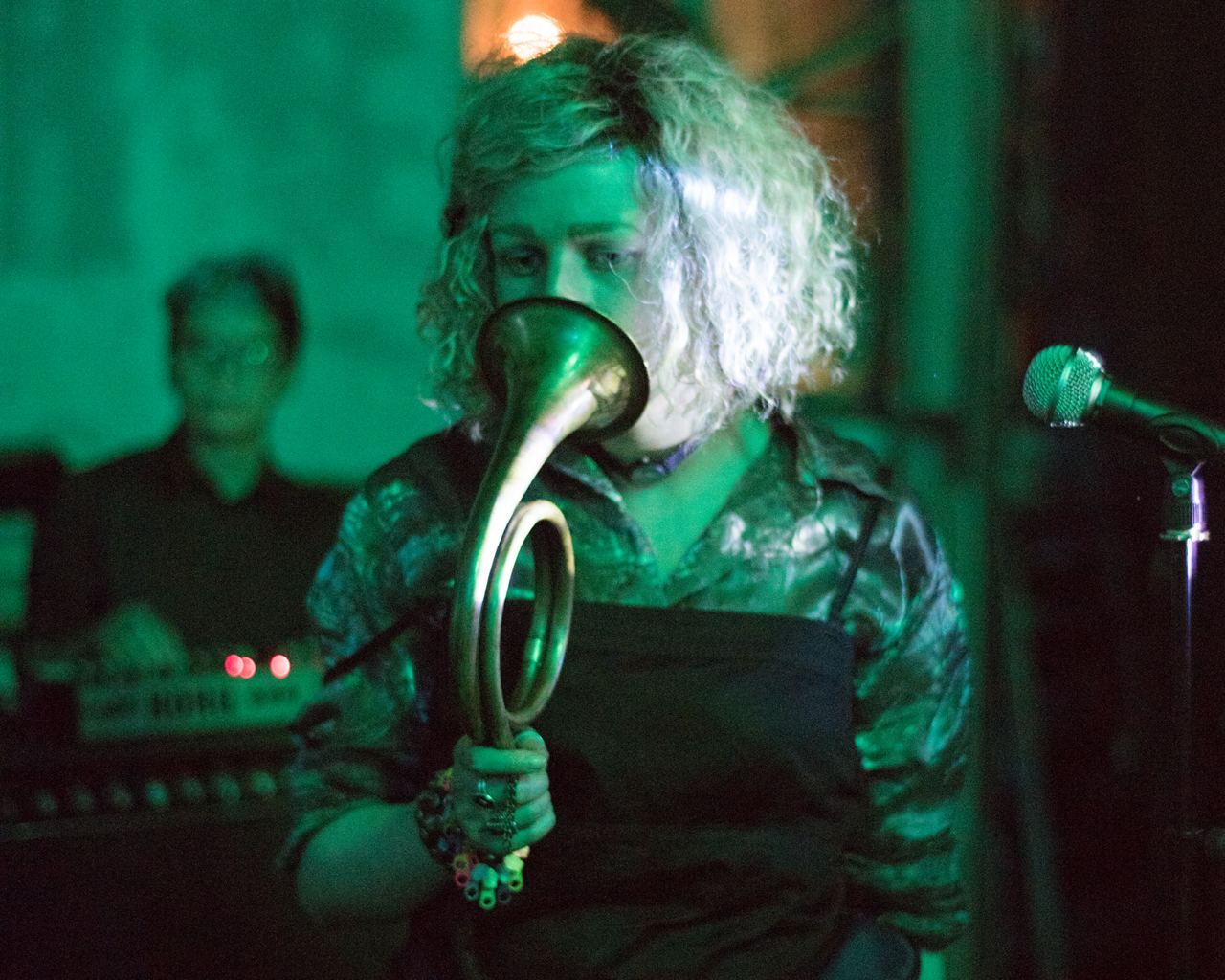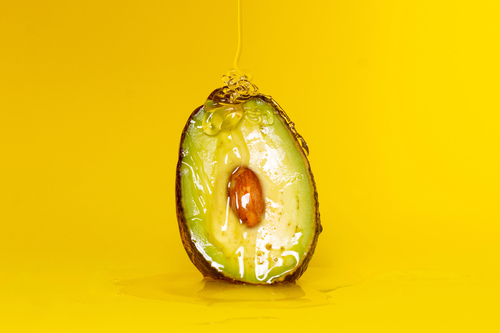Why a Woman Does Not Get Aroused: A Deep Look At the Reasons
-
Published:31 July 2023
-
Updated:27 June 2025

Sexual life is one of the natural needs of every person. But sometimes there are problems of a physiological or psychological nature, due to which it is not possible to get pleasure during intimacy. Intimacy is not only a physical act, but also a subtle dialogue between the body, mind, and soul. Female arousal is a complex process that depends on many factors, and its absence does not always indicate a problem in a relationship or health. Most often, it is the result of accumulated little things that have not received attention.
General Information
In addition to loss of interest in sex and dissatisfaction with sexual life, there are often complaints about the appearance of painful sensations during or after intimacy.
The problem is most often found among women, but it also occurs in men. There are no problems with potency, but there is no desire to engage in sexual intercourse, and it is not possible to achieve orgasm.
Causes
Lack of arousal is not a disease, but a signal of deep internal processes. Female sexual desire depends on many factors: emotional background, psychological state, relationship with a partner, and hormonal balance. When one or more elements of this system are disrupted, sexuality can temporarily fade. This condition is often accompanied by a feeling of guilt, anxiety or misunderstanding. To understand the true causes of this condition and find a way to restore intimacy, it is important to study both internal barriers and external circumstances that affect female arousal and emotional involvement.
Let's look at the main reasons why a woman may not feel aroused and offer practical steps to restore harmony in the intimate sphere.
Psychological barriers and emotional state
- Chronic stress
The female body is extremely sensitive to emotional fluctuations. Constant anxiety, fatigue, pressure at work, conflicts in the family - all this gradually distances a woman from the sensual side of life. Chronic stress disrupts the production of hormones responsible for libido (testosterone, dopamine), and increases cortisol, the hormone of anxiety and tension. In this state, even the desire to be alone with yourself may be absent. - Emotional distance from a partner
If a woman does not feel loved, understood, or accepted, her sexual desire may weaken. This is especially true for long-term relationships, when romance fades into the background, giving way to routine. A woman’s sexuality develops through attention, warmth, compliments, and care. Without this, it fades. - Trauma and past negative experiences
Some women carry unhealed wounds inside themselves: violence, toxic relationships, neglect, devaluation. These events, especially if they have not been worked on by a psychologist, can have a long-term impact on sexuality. A woman may avoid intimacy due to fear, guilt, or shame.

Physiological causes
- Hormonal changes
A woman’s hormonal background is subject to fluctuations throughout her life. Here are some examples of how hormones can affect arousal:
- PMS and menstruation can be accompanied by fatigue, irritability, and decreased libido.
- Pregnancy and lactation - due to a decrease in estrogen and testosterone levels, a woman may lose sexual interest.
- Menopause - characterized by a decrease in the level of female hormones, which leads to dryness, decreased sensitivity, and pain during sex.
- Hormonal drugs - oral contraceptives or antidepressants can reduce libido.
- PMS and menstruation can be accompanied by fatigue, irritability, and decreased libido.
- Diseases and physical discomfort
Many diseases affect sexual desire: diabetes, hypothyroidism, anemia, depression, heart problems, and chronic pain. Even ordinary fatigue caused by lack of sleep or exhaustion can "switch off" sexual desire. - Pain during intercourse
Conditions such as vaginismus, endometriosis, cystitis, vaginal dryness make intimacy painful. As a result, a negative association arises: sex = pain = unwillingness.
Psychosexual factors and attitudes
- Lack of sex education
In many families, the topic of sex is taboo. Girls are taught from childhood that sex is shameful, bad, “not allowed”. Growing up, a woman experiences an internal conflict between desire and attitudes. Even in a loving relationship, she may not allow herself to be free and open in bed. - Comparison with “ideals”
A woman, driven into the framework of social standards of beauty and pornographic images, may be embarrassed by her own body, consider herself not sexy enough. This lowers self-esteem and inhibits desire: if she does not feel attractive, it is difficult for her to get aroused. - Lack of sexual variety
Monotony kills passion. When intimate life turns into a repetitive algorithm, without novelty and play, desire fades. A woman needs emotions, surprise, flirtation, and romance.
Relationships with a partner
- Lack of tactility
A woman's arousal begins long before the bedroom - with touches, hugs, glances. If physical contact is limited to sex, then the woman does not form an emotional attachment. - Lack of dialogue
One of the main mistakes partners make is not talking to each other. A woman may not tell for years what she doesn't like, what she lacks. The partner, in turn, has no idea. A vicious circle arises: she does it "through force", he does not receive a response, and both feel dissatisfaction. - Pressure and expectations
If a partner constantly demands sex, expresses dissatisfaction, or reproaches, then the woman begins to perceive intimacy as an obligation. And when sexuality becomes a duty, arousal goes away.
Personal history and the "inner critic"
The influence of self-esteem - A woman who does not feel attractive will not be open to sexual play. The reasons are childhood, comparison with friends, negative experiences, and awkward remarks from a partner. Even if a man does not say anything bad, a woman can think up herself: "I have a belly", "I'm not like in porn", "He looks at others".
Over time, these thoughts become the background and destroy spontaneity. And arousal is spontaneity, an impulse. To return it, you need to work not only with your partner, but also with yourself. Love yourself not "ideally", but in reality.

What Can Help?
Restoring female sexual desire requires a comprehensive approach that takes into account both psycho-emotional and physiological aspects. Lack of arosal is not a death sentence, but a signal from the body and psyche that something requires attention, revision, and care. It is important to create a safe space where a woman can openly discuss her feelings without fear of being judged. A respectful and trusting dialogue with a partner can break down barriers of misunderstanding and restore a sense of intimacy.
Working with the body plays an equally important role. Sports, yoga, relaxing procedures, and contact with one’s own body help a woman feel alive, attractive, and desirable again. With acceptance comes confidence, which is also revealed in the intimate sphere.
Contacting specialists, such as psychologists, sexologists, or gynecologists, allows for the identification of hidden attitudes or physiological causes and the beginning of the path to recovery. It is equally important to revive the romance in the relationship: time together, shared pleasures, light flirting - all this revives feelings. When a woman feels cared for and genuinely interested, her desire returns naturally, without pressure and haste.
Treatment of Frigidity
The main thing is to eliminate the underlying cause that provoked the disease. Most often, treatment requires a comprehensive approach. It may include hormonal therapy, talks with a psychologist, and lifestyle adjustments (in particular, nutrition). Sometimes physiotherapy techniques are required that are aimed at strengthening the pelvic floor muscles and increasing blood flow to the genitals.
If a girl takes medications that can affect libido, the doctor cancels them and replaces them with others (if necessary). Such a comprehensive approach gives a guaranteed positive result.
Diagnostics
If a problem occurs, do not delay and make an appointment with a specialist. At the initial appointment, the doctor collects anamnesis, talks with the patient, listens to the main complaints, finds out how long ago the patient encountered sexual disorders, and what preceded it.
To make a reliable diagnosis, it is additionally necessary to conduct a gynecological examination and prescribe laboratory (blood biochemistry) and instrumental diagnostics (ultrasound of the pelvic organs and thyroid gland). Based on the data obtained, he determines the clinical form and establishes a reliable diagnosis.
Conclusion
Female sexuality is not a one-button mechanism. It is a system in which emotions, body, hormones and relationships are intertwined. Lack of arousal is not a sentence, but a sign: it's time to pay attention to yourself, your needs, relationships.
It is important not to look for the guilty, but to learn to speak, feel, and understand. Sex is not a "norm" in quantity, but in the depth of contact. If you treat it carefully, it will become a source of joy, energy and love.
Female sexual dysfunction: A potential minefield (https://www.ncbi.nlm.nih.gov/pmc/articles/PMC9890990/), Indian J Sex Transm Dis AIDS. 2022 Nov 17;43(2):128–134. doi: 10.4103/ijstd.IJSTD_82_20. Accessed 11 Jan 2025.
Female sexual arousal disorder (https://en.wikipedia.org/wiki/Female_sexual_arousal_disorder). Accessed 11 Jan 2025.
Female sexual problems I: Loss of desire—what about the fun? (https://www.ncbi.nlm.nih.gov/pmc/articles/PMC1114537/), BMJ. 1999 Jan 2;318(7175):41–43. doi: 10.1136/bmj.318.7175.41. Accessed 11 Jan 2025.
Better sleep can lead to better sex (https://www.sciencedaily.com/releases/2017/02/170201092644.htm), February 1, 2017. Accessed 11 Jan 2025.
Effect of partial and total sleep deprivation on serum testosterone in healthy males: a systematic review and meta-analysis (https://www.sciencedirect.com/science/article/abs/pii/S138994572100544X), December 2021. Accessed 11 Jan 2025.







.svg)
.svg)
